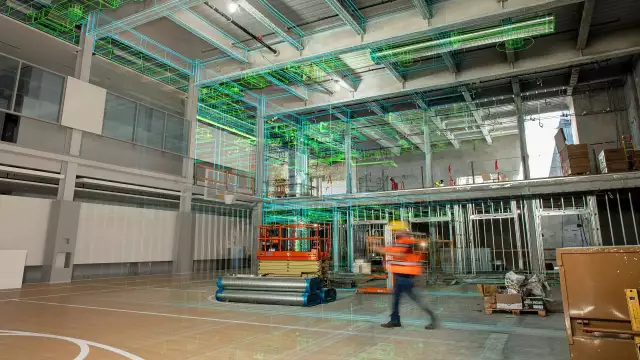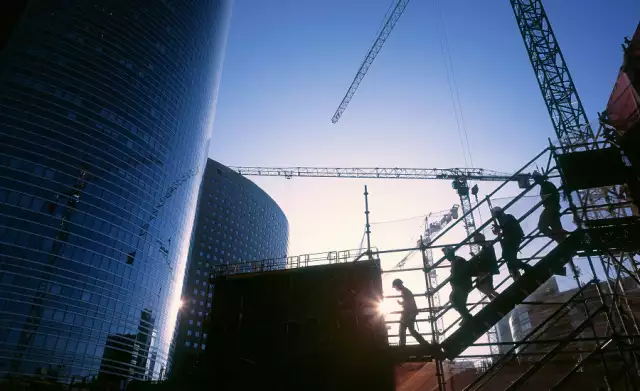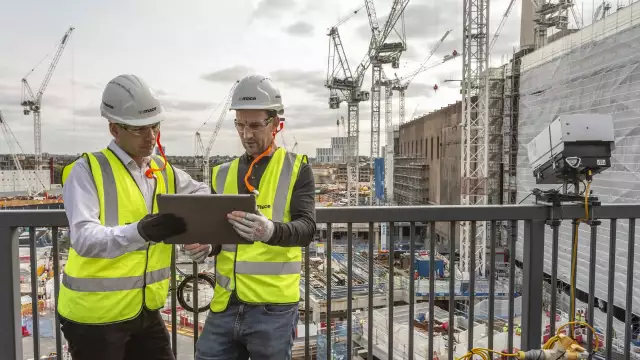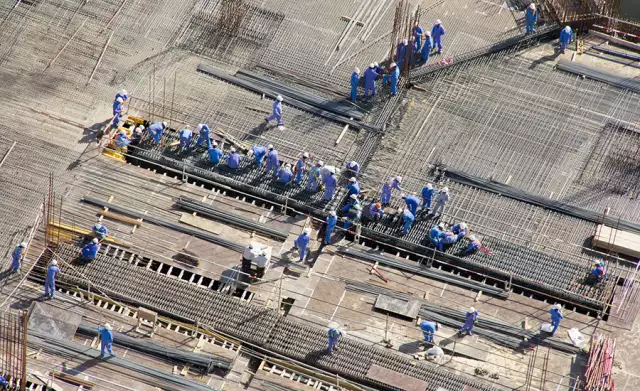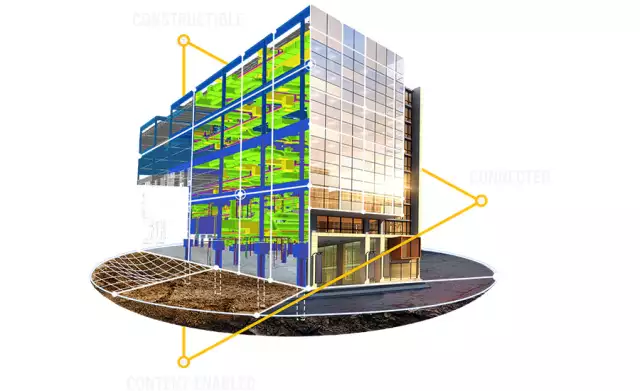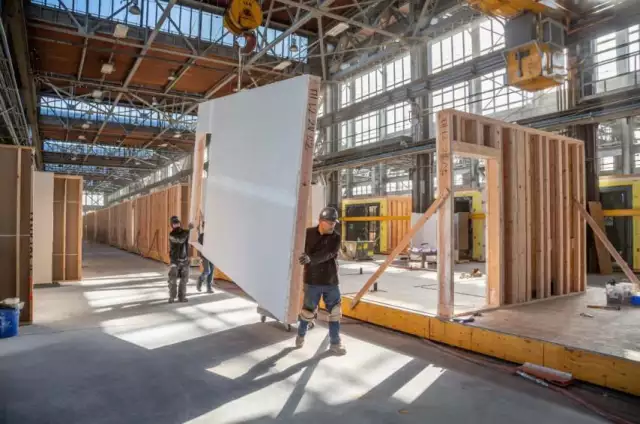The Construction Industry: On the Brink of a Paradigm Shift? - Digital Builder
The Construction Industry: On the Brink of a Paradigm Shift? - Digital Builder
As the construction industry currently grapples with the problems of global inflation, de-carbonisation, persistent disputes, and productivity hurdles, it is worth remembering that we have still come a long way in the past 50 years.
Whether it’s the infusion of technological advancements, catapulting us from hand calculations into a realm of digital twins, the incorporation of life-saving health and safety regulations, or an overall “raising of the bar” when it comes to skillsets, qualifications, and education minimums required to do each job–the industry has undoubtedly undergone a significant transformation in the past decade. The resultant tide produced by this wave of new changes has likely increased complexities and greater expectations on how the industry can perform.
This wide-spread adoption of new developments certainly begs one important question: Are we on the cusp of a paradigm shift, propelling us towards a fully digitised industry capable of delivering consistent, repeatable and certain results for every customer?
Comparative to shifts seen across other industries, the structural, economic, and societal drivers inherent in the construction industry at present seem to suggest that this new normal is in fact inevitable. To understand the multitude of ways these changes might redirect our industry, we must first dissect these drivers of change—namely the four P’s: performance, predictability, planet, and people—in a contextualized fashion.
Performance is all about the quality of the final product and how we produce it, hence it is also influenced by productivity and post-use. Lack of predictability is what stifles industry demand, particularly in terms of time and cost, and often plays catalyst to numerous expensive disputes. The planet deals with all the issues of promoting green and sustainable construction, including de-carbonising construction and the circular economy. Lastly, people pertains to how we can continue to upskill the industry to meet these challenges, both in terms of new entrants and lifelong learning.
Spawning from that landscape arises yet another important question: What is the relevance of professionalism in the 21st century and what impact will construction professionals impart on the industry as a whole? Professionalism is defined by codes of ethics and unique bodies of knowledge. However, there are now many professionals involved in construction: how do they work with each other to produce a better industry in a truly effective way?
Construction is a team game and to play it effectively, each member of the team has to be privy to the strategic plan. How do we align the interests of the different stakeholders and professionals to meet the four P’s?
Although digitalisation can improve inter-disciplinary methods of working, we also need changes in the way construction professionals are educated and qualified. A quantity surveyor needs to understand the work processes of designers and vice versa if each are to achieve a higher level of co-ordinated working. True inter-disciplinary working, coupled with a collaborative culture, could thus dramatically improve the four P’s – but is it therefore just a skills problem?
Clearly, not. Since we also need integrated data and systems. To achieve that, we need common standards and a much greater propensity to share data. How can we encourage the sharing of data, including cost data, in the industry?
Similarly, does the present structural design of the industry militate against improvement? Clients, consultants, and contractors have very different motives and incentives and yet, we have already seen a move towards multi-disciplinary consultancies and some vertical integration. Some of the most efficient parts of the industry are already vertically integrated–private housebuilding for example. At the same time, a desire for cost independence and the increasing use of cost assurance and monitoring suggest that some clients implicitly suggest that the design and construction teams need ‘watching’. What message does this imply about professionalism in the construction industry?
Professionals can and will enact change—they play a fundamental role in the current and future improvements made when it comes to the industry standard of performance. On an individual basis, we must ask ourselves, how can we make a difference—big or small—and if that answer doesn’t come naturally, then what prevents us from doing something that might? Will we be disrupted by the bevy of new technologies coming our way, or will we embrace the technologists and the new methodologies they introduce us to, collaborating alongside them to ultimately derive better solutions and manufacture more useful toolkits?
In the series to come, we’ll discover the many facets inherent with each of these topics and answer each of these questions. My goal as we progress through this together is to promote this debate amongst construction professionals as we move forward to a bright future.
